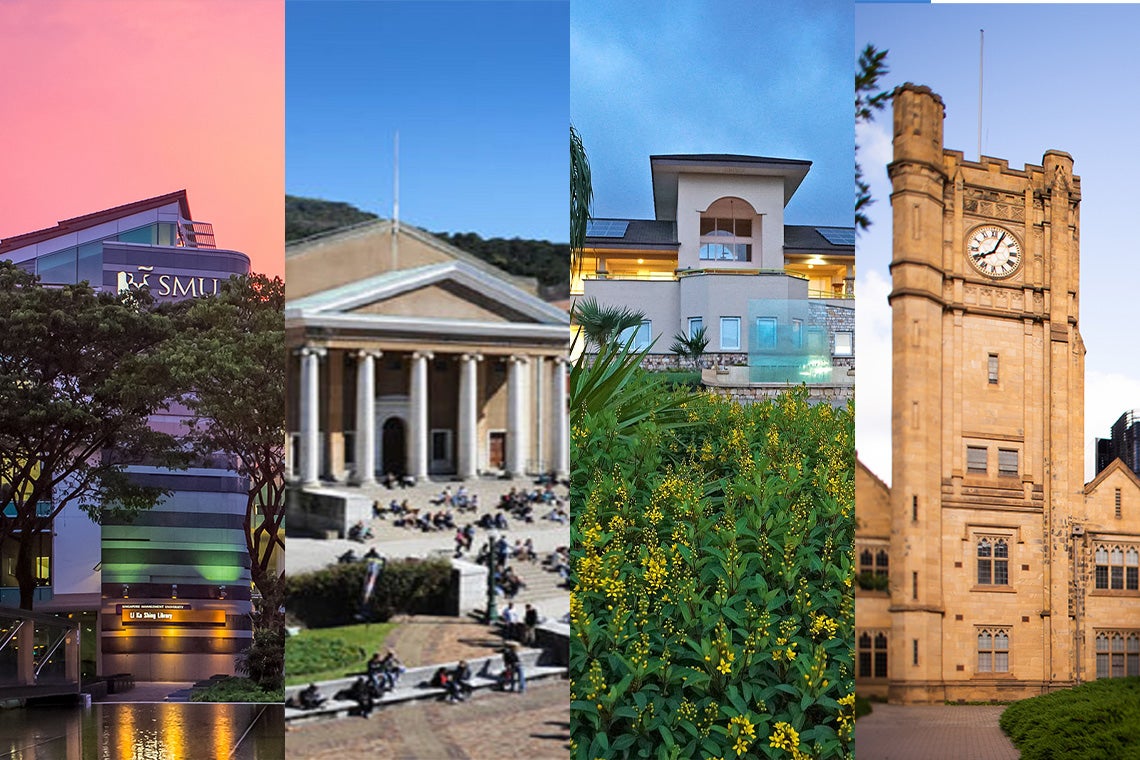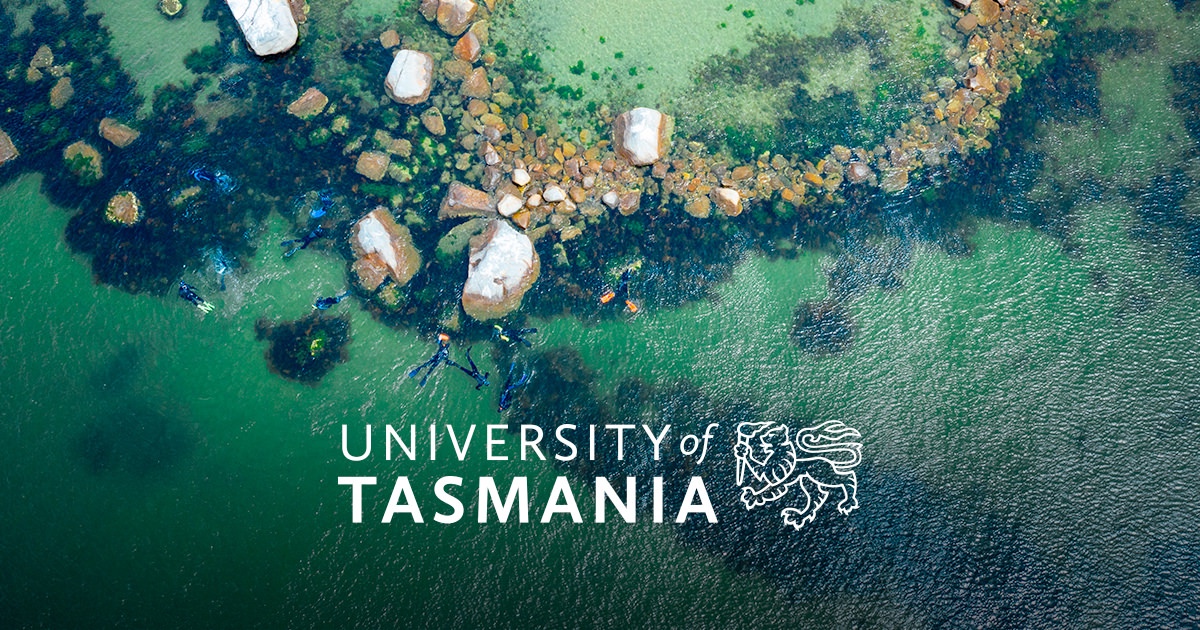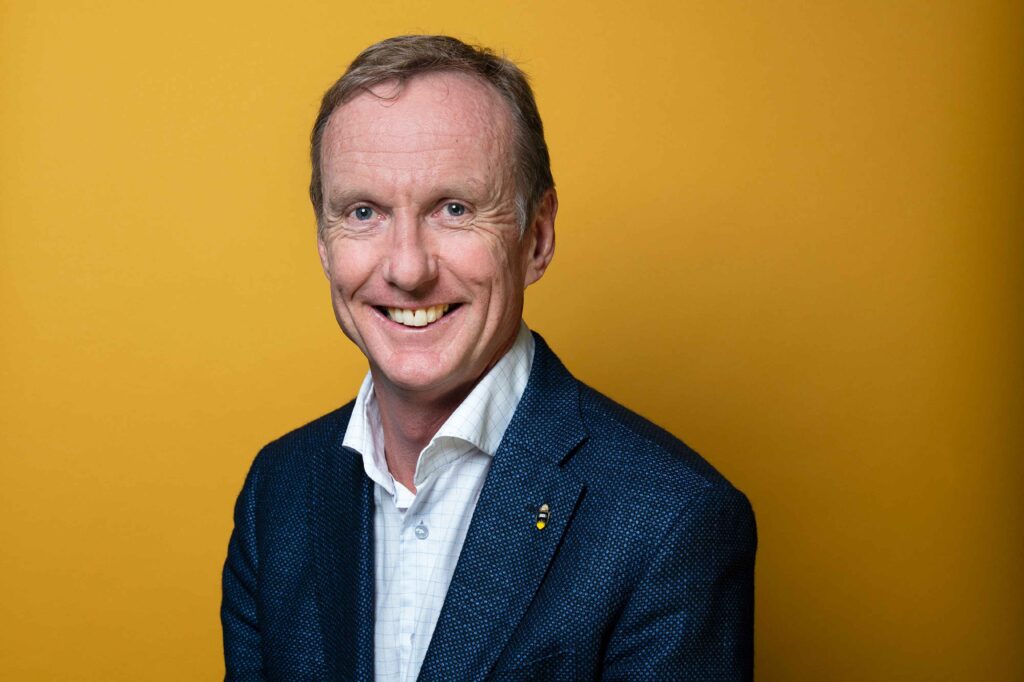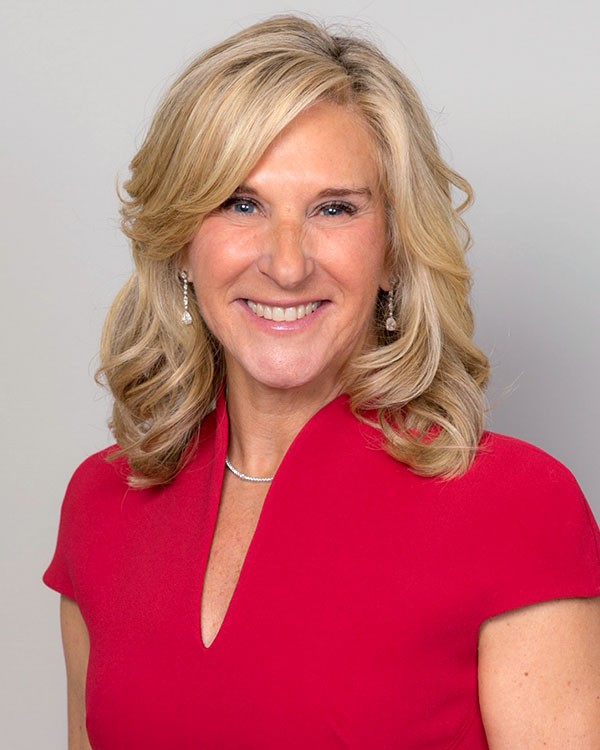
The Reach Alliance, a student-driven research initiative based at the University of Toronto’s Munk School of Global Affairs & Public Policy, is expanding its network to five continents through partnerships with four more universities.
The newest members of the alliance – which recruits top students to explore how critical services and innovations are delivered to marginalized populations, and then shares its work with policymakers to achieve real-world impact – are the University of Cape Town in South Africa, Ashesi University in Ghana, the University of Melbourne in Australia and Singapore Management University.
The scale-up represents a doubling in the size of the Reach Alliance, whose current partners comprise U of T, Tecnológico de Monterrey in Mexico, the University of Oxford and University College London.
“The work of the Reach Alliance can only be done by strengthening international partnerships to achieve global reach,” said Marin MacLeod, executive director of the Reach Alliance, in a statement. “We are thrilled to welcome these leading university partners to the alliance and to learn from their unique and diverse perspectives.
“Their faculty and students will make a tremendous contribution to our global network of experts on how to reach the hardest to reach.”
By expanding to universities in Africa, Asia and Australia, the network hopes to extend the scope and depth of its research and accelerate the production of actionable insights into some of the world’s most pressing and complex development issues.
Professor Mamokgethi Phakeng, vice-chancellor of the University of Cape Town, said the Reach Alliance is a “brilliant” initiative that aligns closely with her university’s mission “to ensure that our research meets the needs of even the most marginalized communities in Africa, that it has real impact, and that we produce the leaders of tomorrow who are committed to social justice.”
Founded in 2015 at the Munk School in partnership with the Mastercard Center for Inclusive Growth, the Reach Alliance aims to advance the United Nations’ Sustainable Development Goals (SDGs) by generating knowledge and actionable insights aimed at improving the lives of people living in extreme poverty, geographically remote places and marginalized communities.
Students from all fields of study are placed in teams that work together for 12 to 18 months under the guidance of faculty mentors. Student researchers work to secure approval from research ethics boards, conduct primary research and interview local stakeholders. They then produce a case study report, which can be published in journals, shared with policymakers and presented at the annual Reach Symposium.
Teams also can take part in skill development workshops on topics such as quantitative and qualitative research; research methods; research ethics; and field interview practices. Through these opportunities, students are empowered to not only produce impactful research but grow into globally informed and highly skilled problem-solvers.
The alliance has seen over 170 undergraduate and graduate students produce 30 case studies in 20 countries to date. Their work has been published in prestigious academic journals including The Lancet, the Bulletin of the World Health Organization, the Stanford Social Innovation Review and BMJ Global Health, among other influential scholarly journals.
U of T students have explored complex issues including polio eradication in India, vaccine delivery in Mozambique, women’s economic empowerment in Mexico, mobile money apps in Kenya and self-directed home-care service delivery in Ontario.
Interventions currently being explored include peer-led HIV interventions among youth in Zimbabwe, the manufacture of personal protective equipment by Syria’s White Helmets, and vaccine provision to remote Indigenous communities in Ontario.
In an op-ed published in Times Higher Education in April, Joseph Wong, U of T’s vice-president, international and founder of the Reach Alliance, noted that the program recruits students who are not only accomplished and bright, but dedicated to serving people in need.
“The Reach experience is not intended to be another line on their CV. These projects are truly ambitious,” Wong wrote. “Ultimately, the Reach Alliance pursues the full achievement of the SDGs [UN Sustainable Development Goals] by equipping new generations of global leaders with knowledge and skills. Those who have experienced Reach are accelerated into leadership positions catalysing change around the world.”







